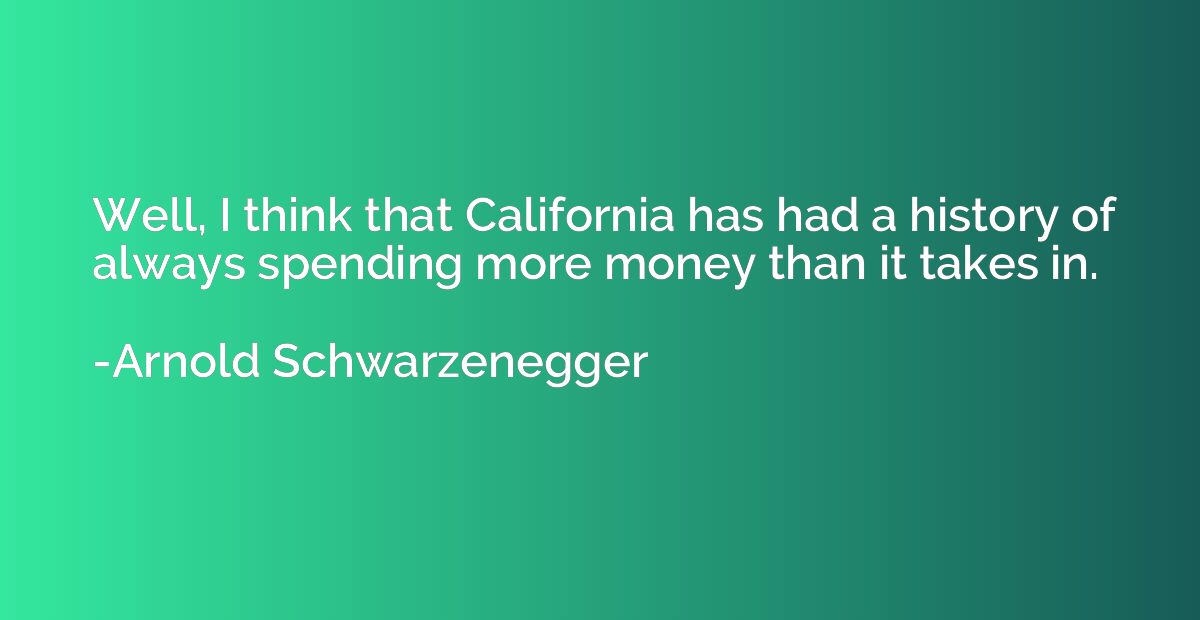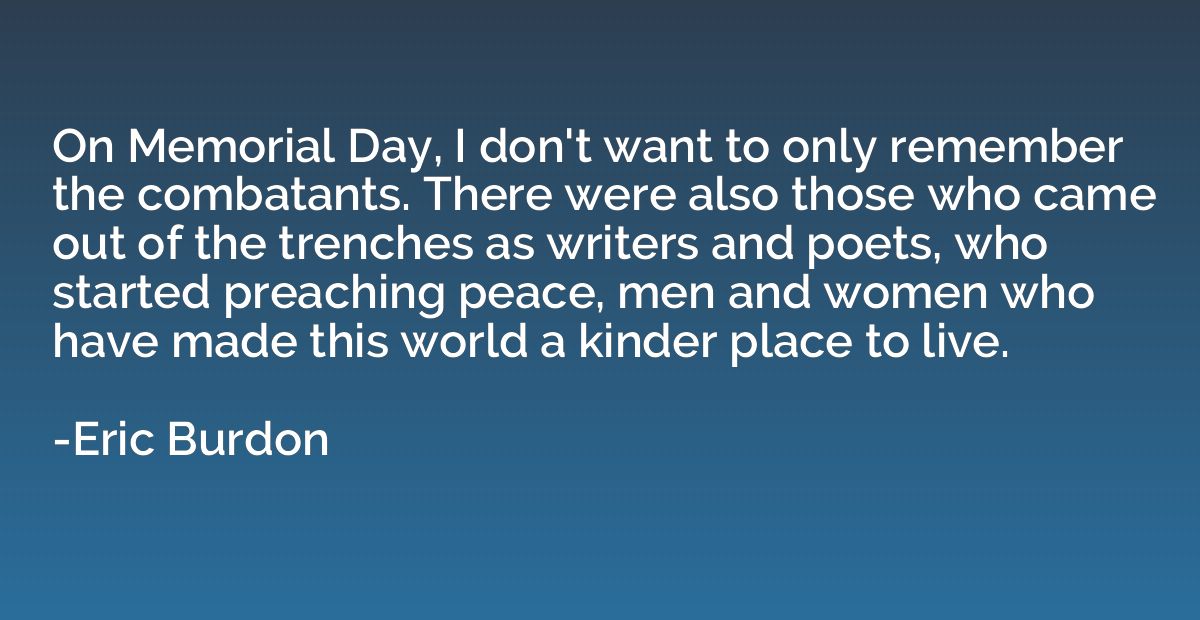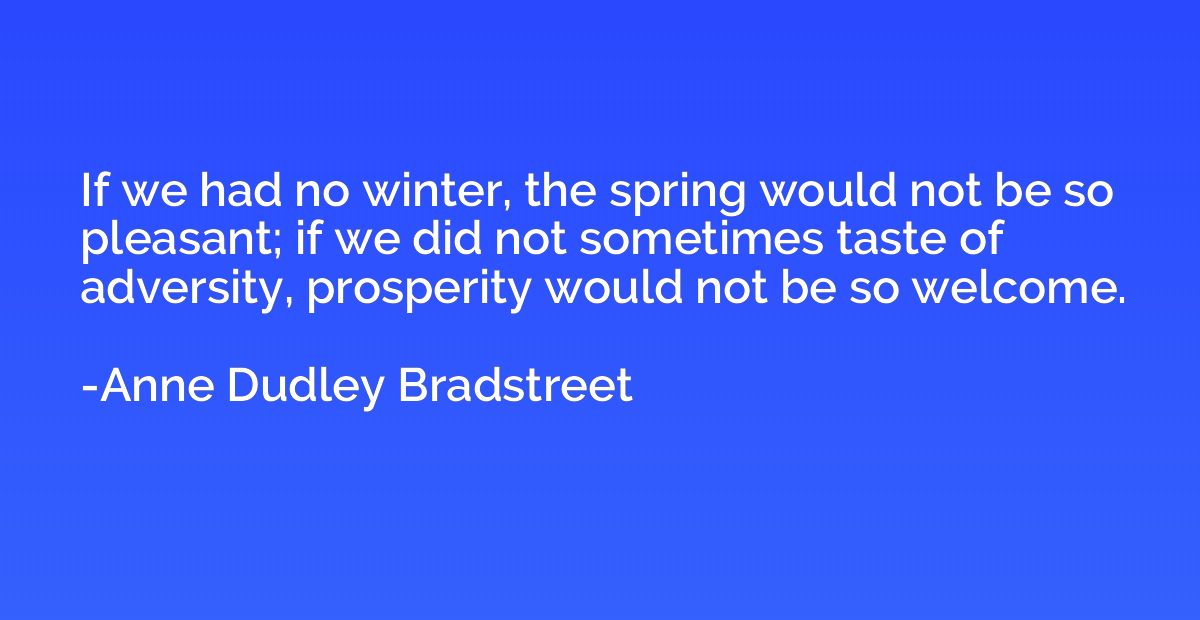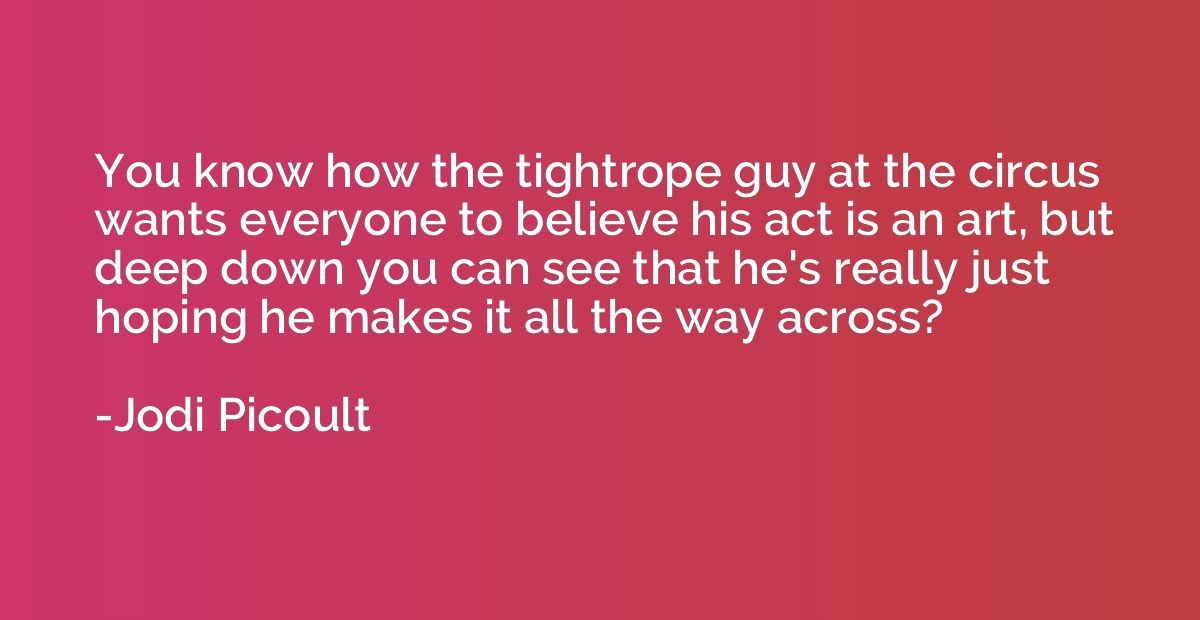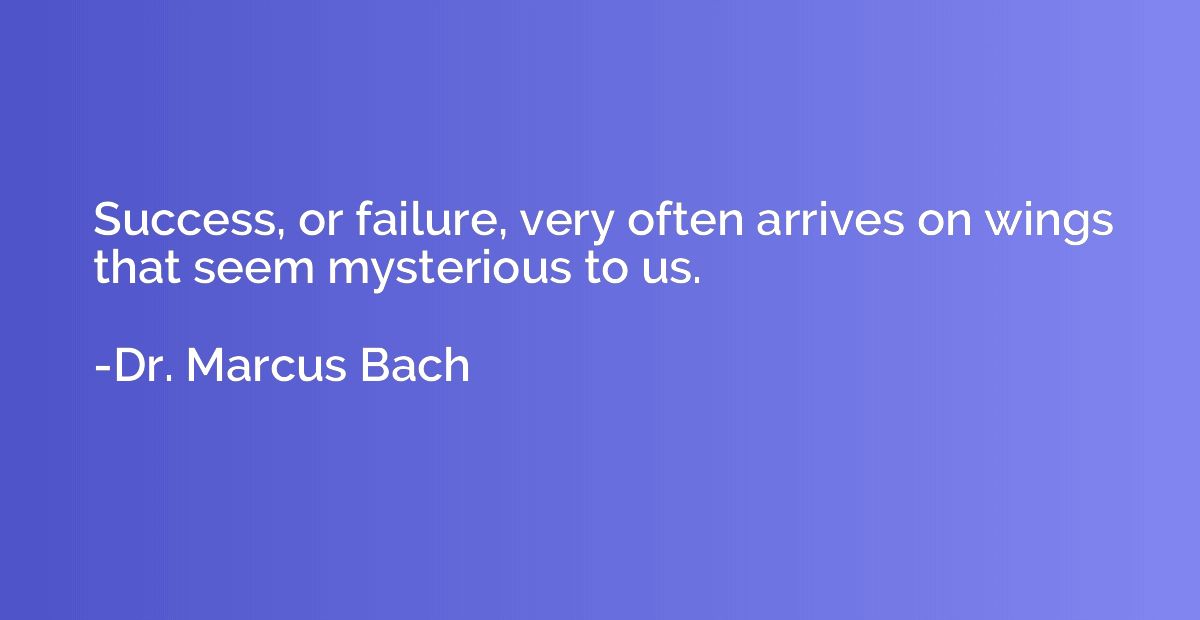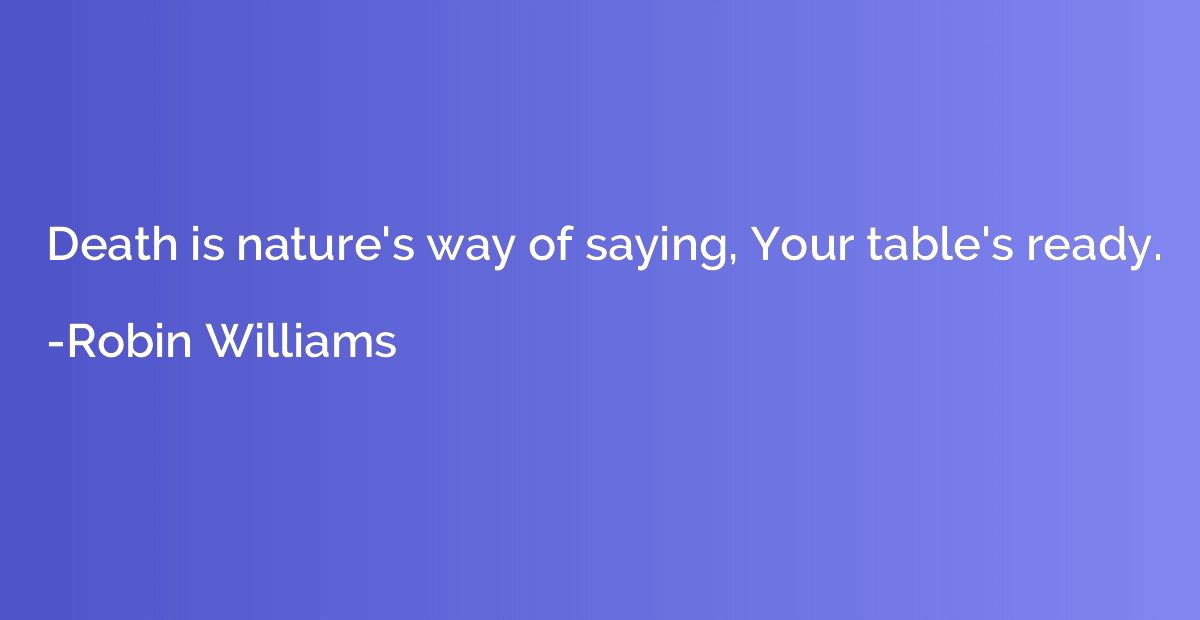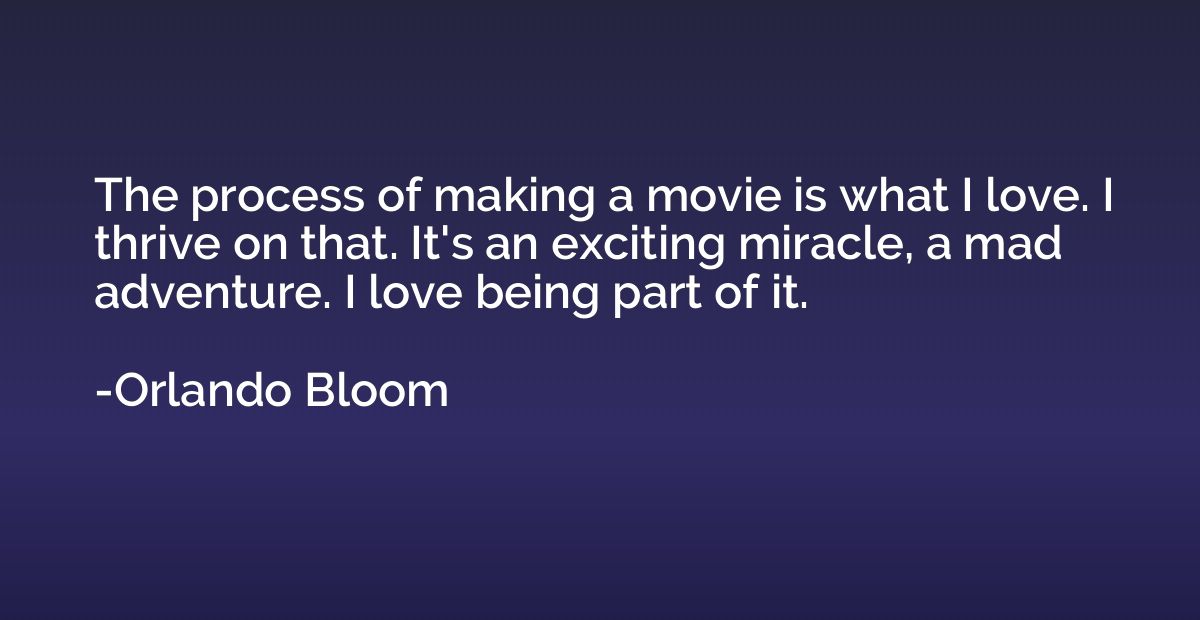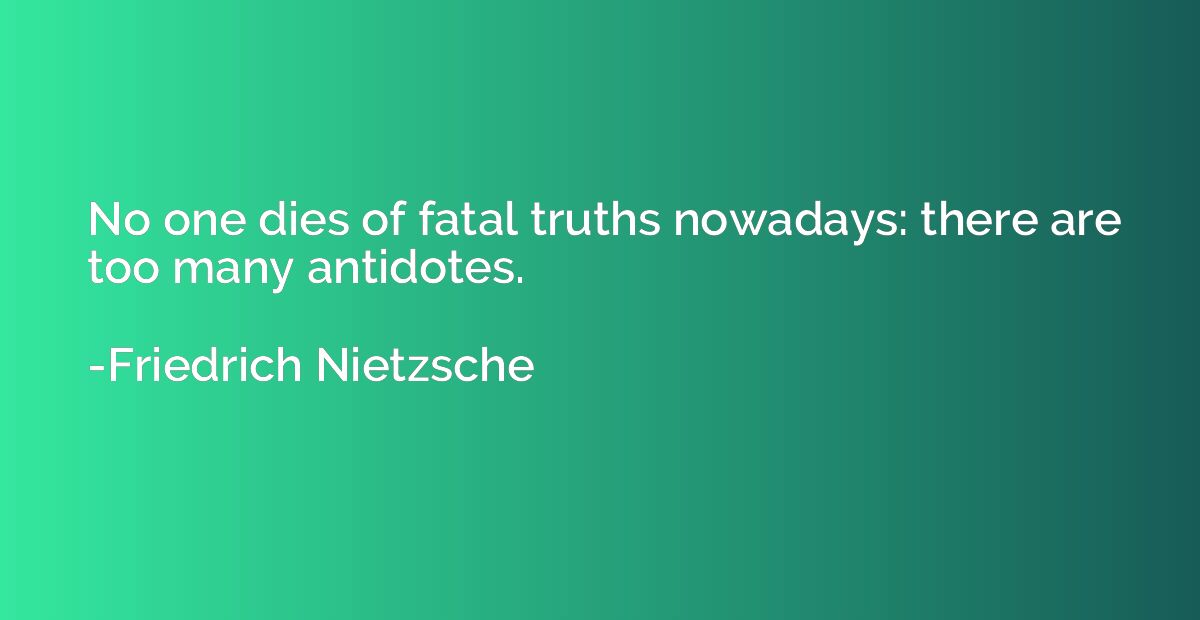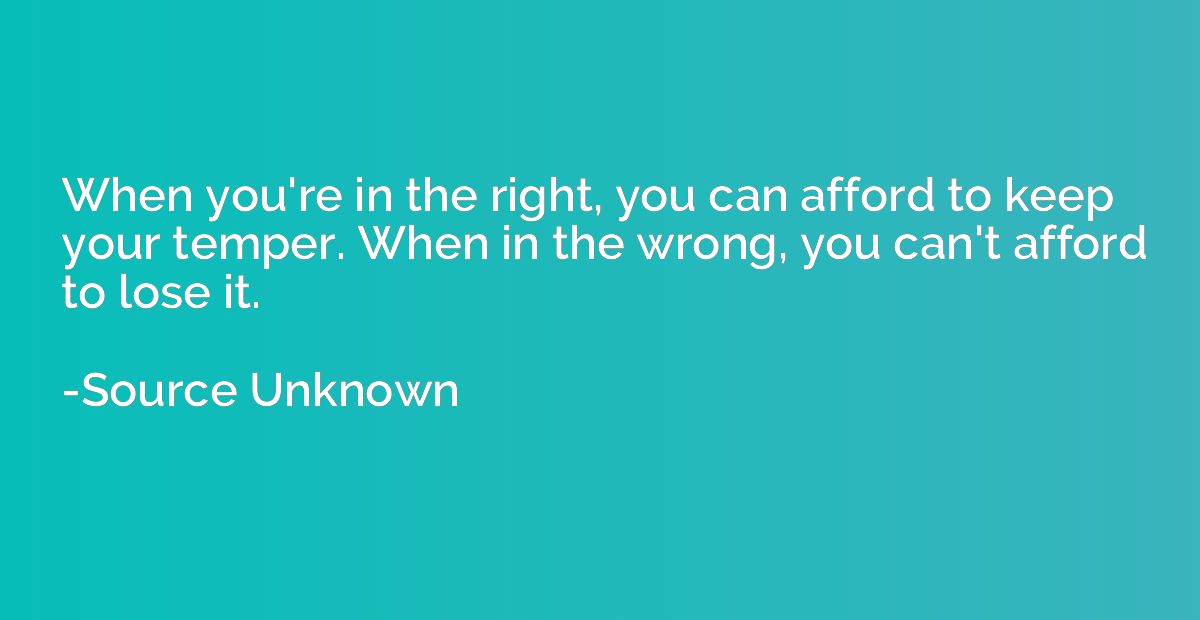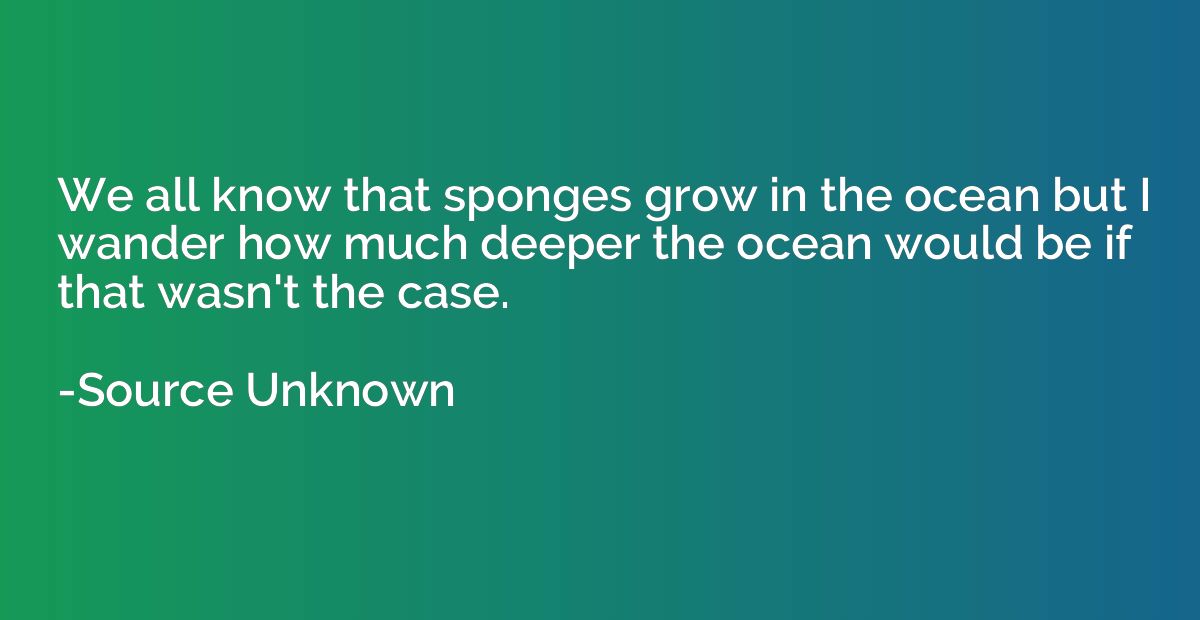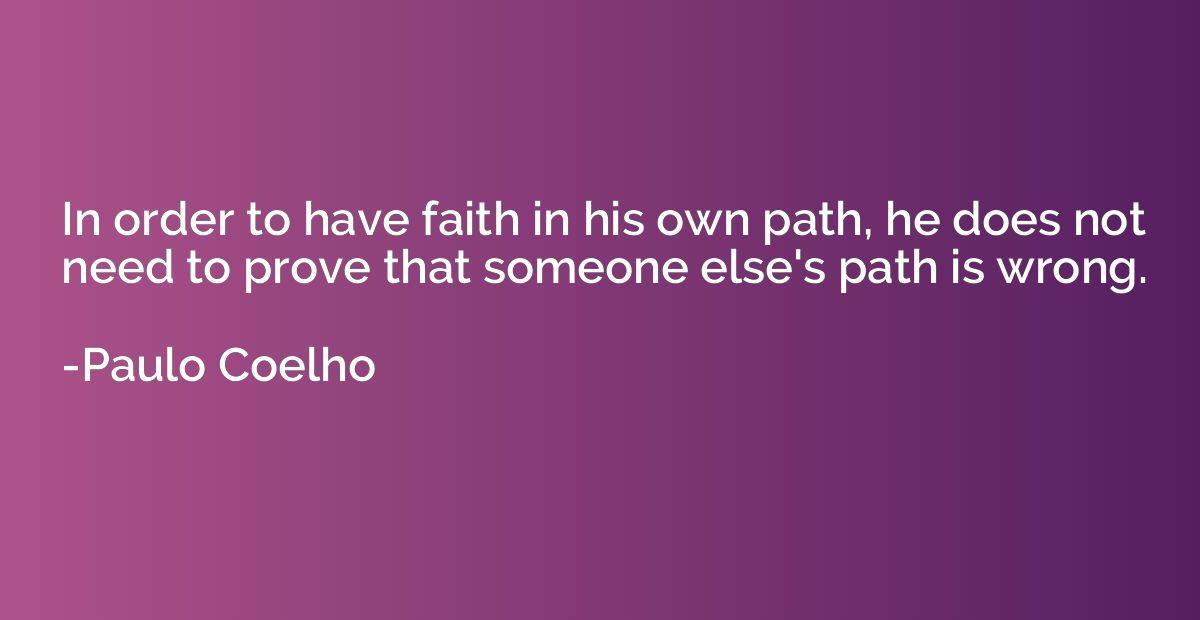Quote by Paulo Coelho
In the beginning there was only a small amount of injustice abroad in the world, but everyone who came afterwards added their portion, always thinking it was very small and unimportant, and look where we have ended up today.
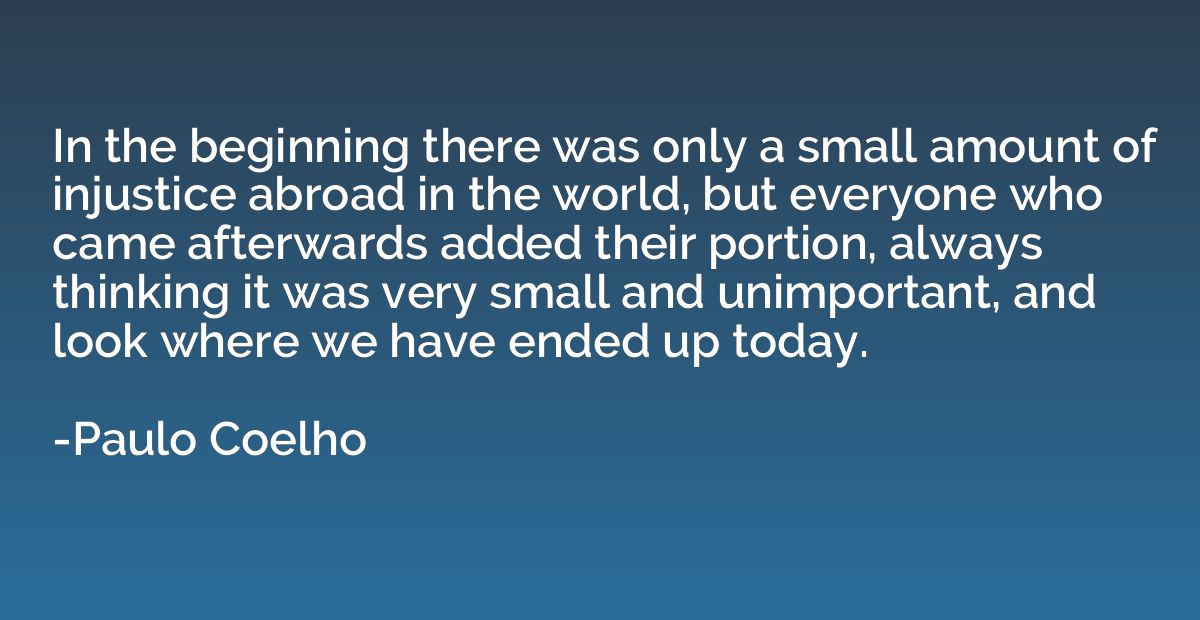
Summary
This quote highlights the collective responsibility for the prevalence of injustice in the world. It suggests that the initial presence of injustice was limited, but over time, individuals continuously contributed to it, considering their actions as inconsequential, which has ultimately led to the current state of widespread injustice. The quote serves as a cautionary reminder of the cumulative impact of individual choices and actions, calling for a greater awareness and conscious effort to address and mitigate injustice in order to create a more just society.
By Paulo Coelho



